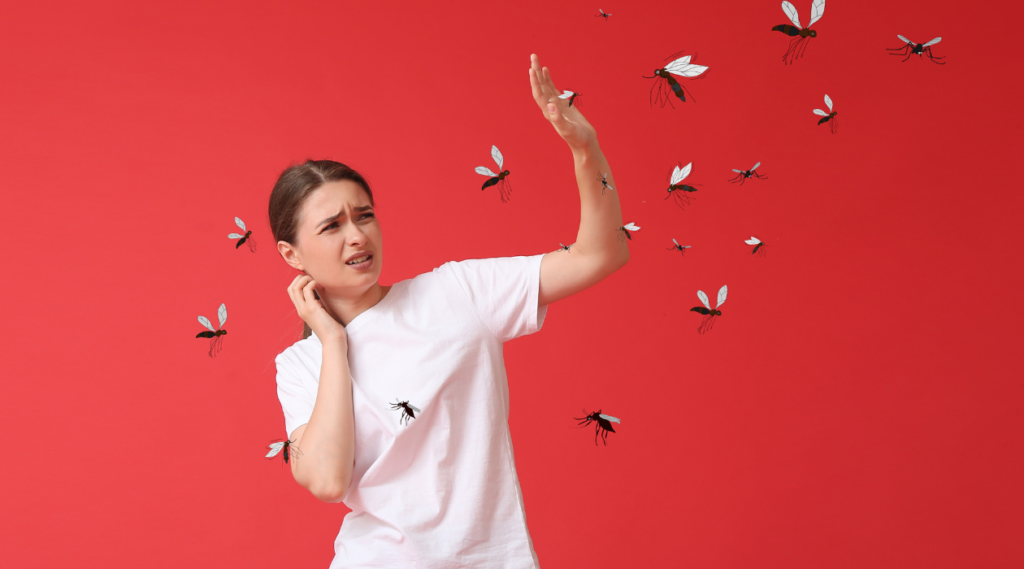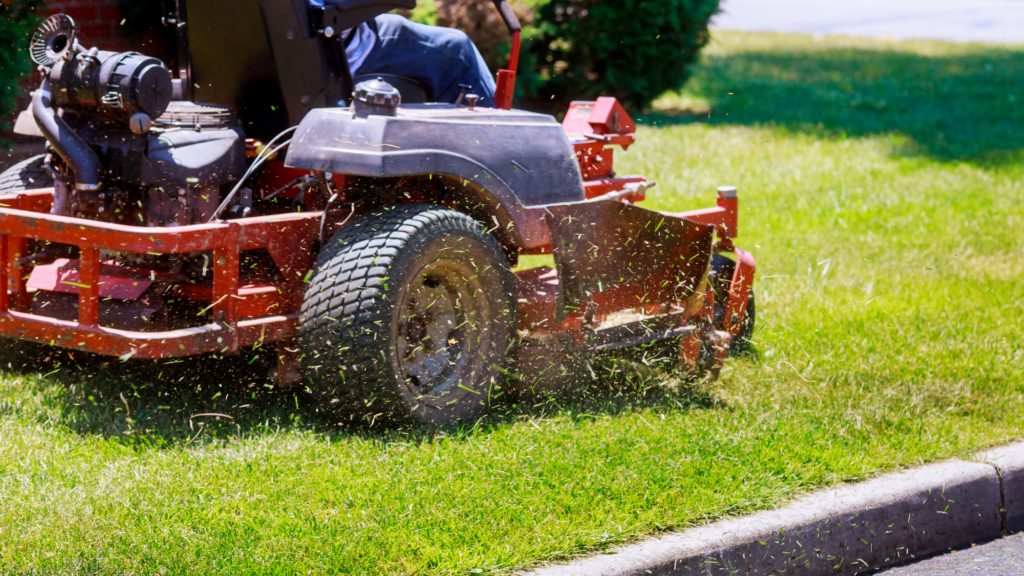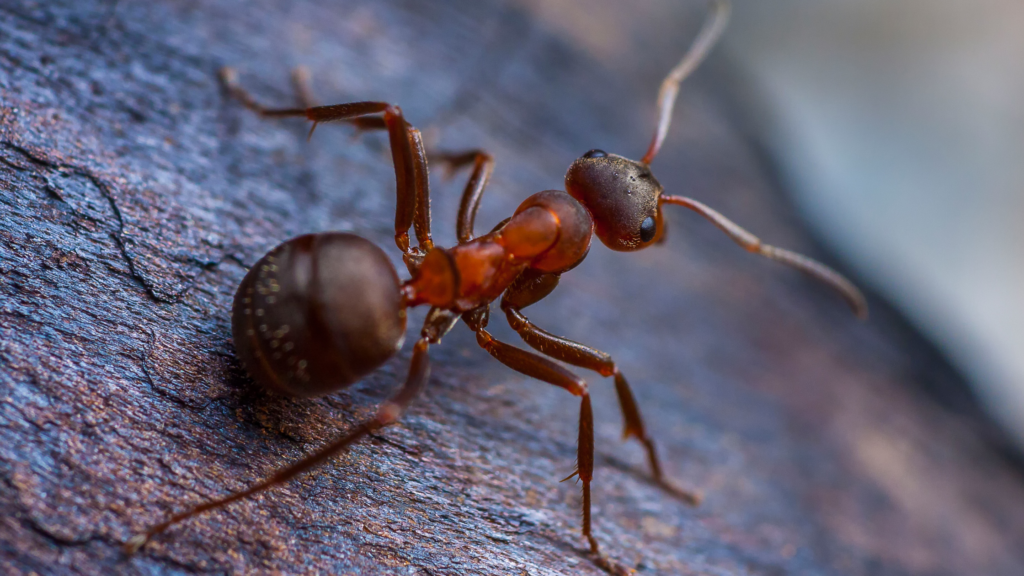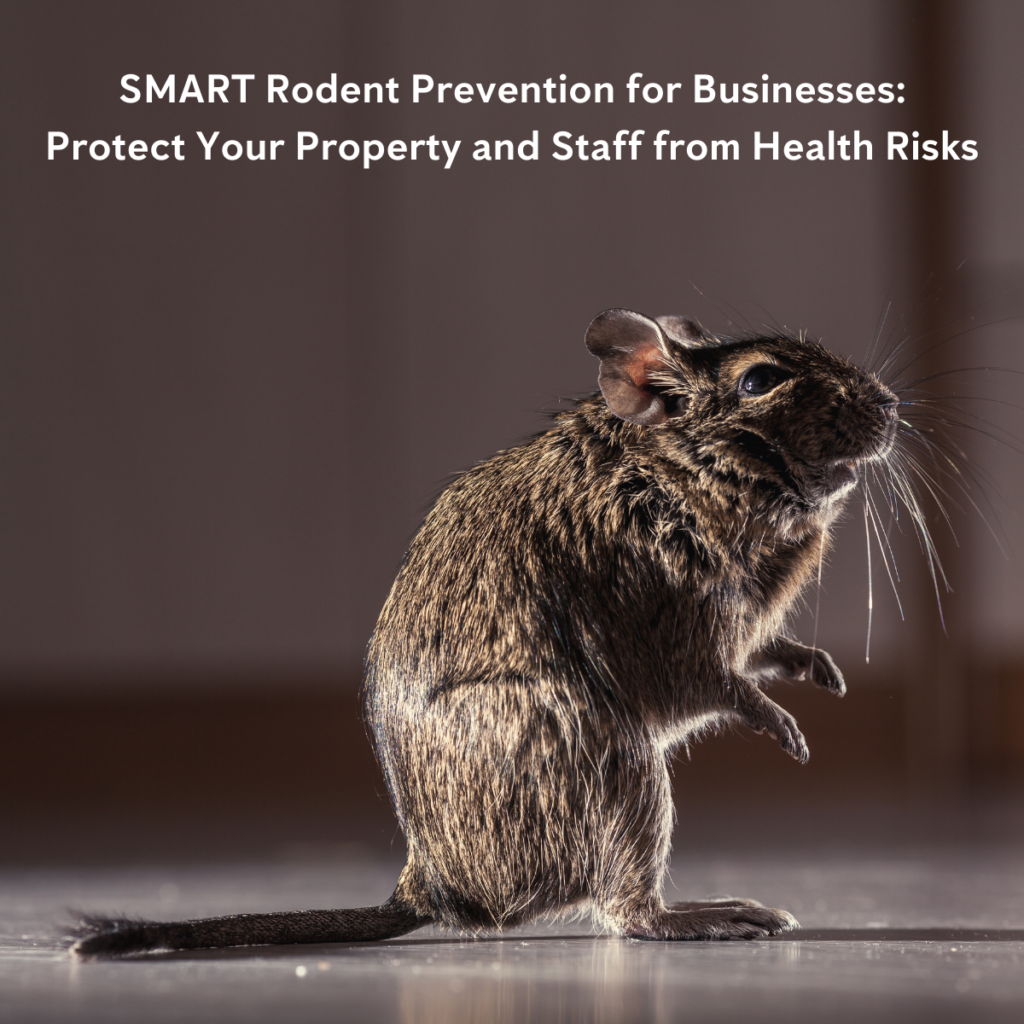
Like the common cold, we have yet to find the perfect remedy to eradicate mosquitoes. Humans have been searching for that magic pill throughout history that will cure our aches and pains, help us lose weight, and just as importantly, keep mosquitoes from biting us! With so many people searching for the ideal mosquito repellent for large areas, we’ve got to ask…is there a device to keep mosquitoes away?
Mosquito Repellent Devices on The Market
From outdoor mosquito repellent machines to traps, lights, and electronic means, the search continues for the best mosquito repellent for large areas. So, do these devices really work? Let’s look at several popular mosquito-repellent devices and investigate further.
Ultrasonic Mosquito Repellents
Ultrasonic mosquito repellent devices claim to emit a high-frequency sound inaudible to us, but just right to deter our nemesis. The theory is to create a noise that mirrors the sound of predators, causing mosquitoes to perceive a threat. Therefore, they would avoid the area. However, there is no scientific evidence supporting the effectiveness of ultrasonic mosquito repellents, especially for large areas.
In fact, CBS News reports: “Ultrasonic pest repellents do not work for mosquitoes.” Why? Sound waves travel short distances and get absorbed easily. In addition, studies have found that pests may react to it initially but become numb to it quickly.
The American Mosquito Control Association reports, “At least 10 studies in the past 15 years have unanimously denounced ultrasonic devices as having no repellency value whatsoever.”
Sonic Mosquito Repellent Apps
Is there an app for that? Well, yes there is. Believe it or not, there is an app that claims to repel mosquitoes using a high-frequency sound. However, there is no scientific evidence that a phone app can repel mosquitoes. Additionally, the reliability of smartphone speakers to emit accurate frequencies to deter mosquitoes is highly questionable.
Bug Zappers
Bug zappers, also known as electronic insect traps, look to attract and kill flying insects using ultraviolet (UV) light and an electric grid. While bug zappers are effective at capturing certain types of insects, such as flies, moths, and beetles, they are not effective at controlling mosquito populations.
In fact, according to the AMCA, a Notre Dame study showed that after a season’s worth of bug zapping, only 4% to 6% of the bugs killed were mosquitoes.
Mosquito Repelling Coils
Mosquito coils contain either insecticides to eradicate mosquitoes or aromatic substances (citronella), that when burned, are designed to repel mosquitoes. Similar to incense, the theory is that when a mosquito coil is burned, its active ingredient will evaporate with the smoke and help to eliminate mosquitoes; however, there is still a debate about its effectiveness among industry professionals.
Bracelets
Wristbands are another mosquito-repellent device. Infused with time-released chemicals, such as DEET or citronella, bracelets claim to provide protection against mosquitoes. Releasing the effective chemical over time, it creates an invisible wall of protection around you.
However, research suggests wristbands do not work, and there is no evidence that supports this mosquito-repellent device as a proven way to deter mosquitoes. Your best bet? Wear long-sleeved shirts and pants and apply DEET mosquito repellent before leaving the house.
Patches
The same story goes for patches. A 2017 study published in the Journal of Insect Science tested five wearable devices, finding only one had results. The winning patch used a nebulizer containing metofluthrin. This is a synthetic pyrethroid ester chemical that impacts the nervous system of bugs, including mosquitoes.
Light Based Repellents
Traps attracting mosquitoes to light are also not proven to be effective. In fact, studies show most insects eliminated by these repellent devices are not mosquitoes, but other potentially beneficial flying insects who happen to be attracted to light.
Propane Fired C02 Traps
Since mosquitoes are attracted to CO2, this repellent device takes advantage of this by producing carbon dioxide and heat to mimic our breath and body odor just so they can be sucked into a fan-driven trap. Though these propane-fueled devices have the ability to trap thousands of mosquitoes, they are not designed as a comprehensive mosquito repellent for large areas or heavy infestations.
EPA-Approved Mosquito Repellents
This is a good starting place for the best mosquito repellent for humans.
- DEET mosquito repellent is a common and effective solution used by many people. Applied directly to the skin, it provides long-lasting protection against mosquito bites, is safe and effective.
- Picaridin is a synthetic repellent applied to your skin and is safe and effective against mosquitoes, ticks, and other insects. It has a pleasant odor, is non-greasy, and provides protection for several hours.
- IR3535 is a synthetic mosquito repellent you also apply to your skin.
- Oil of Lemon Eucalyptus (OLE) and PMD (Para-menthane-diol) are mosquito-repellent plants found to be as effective as low concentrations of DEET. Applied directly to the skin, they provide long-lasting protection. OLE and PMD are not recommended for use on children under 3 years of age.
The question remains… will these solutions work as an effective mosquito repellent for large areas? For the best mosquito control programs for your home and yard, call Turner Pest Control.
Long-Term Mosquito Control for Large Areas
Turner Pest Control offers the best mosquito-repellent device you can find on the market. Utilizing innovative technology to target and eliminate mosquitoes, our mosquito control programs will provide you with lasting relief from these pests.
Ask about our cutting-edge, best outdoor mosquito repellent systems like MistAway and ThermaShield. To find out more, call us at (800)225-5305 or schedule a free inspection here.



